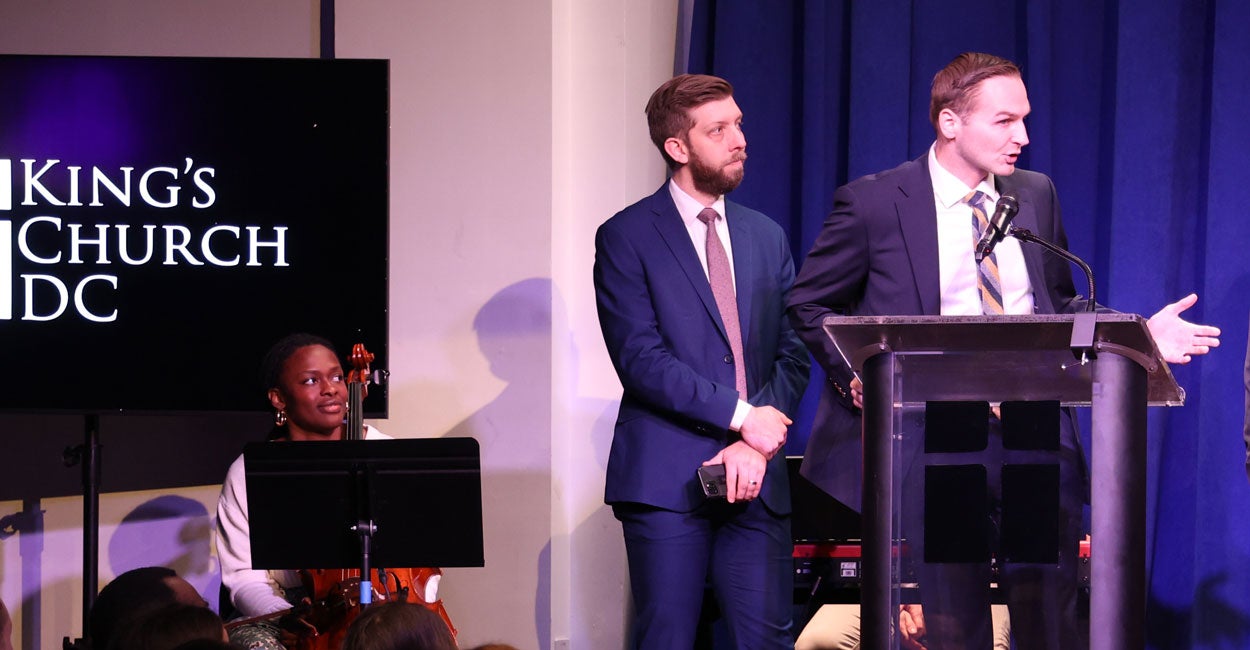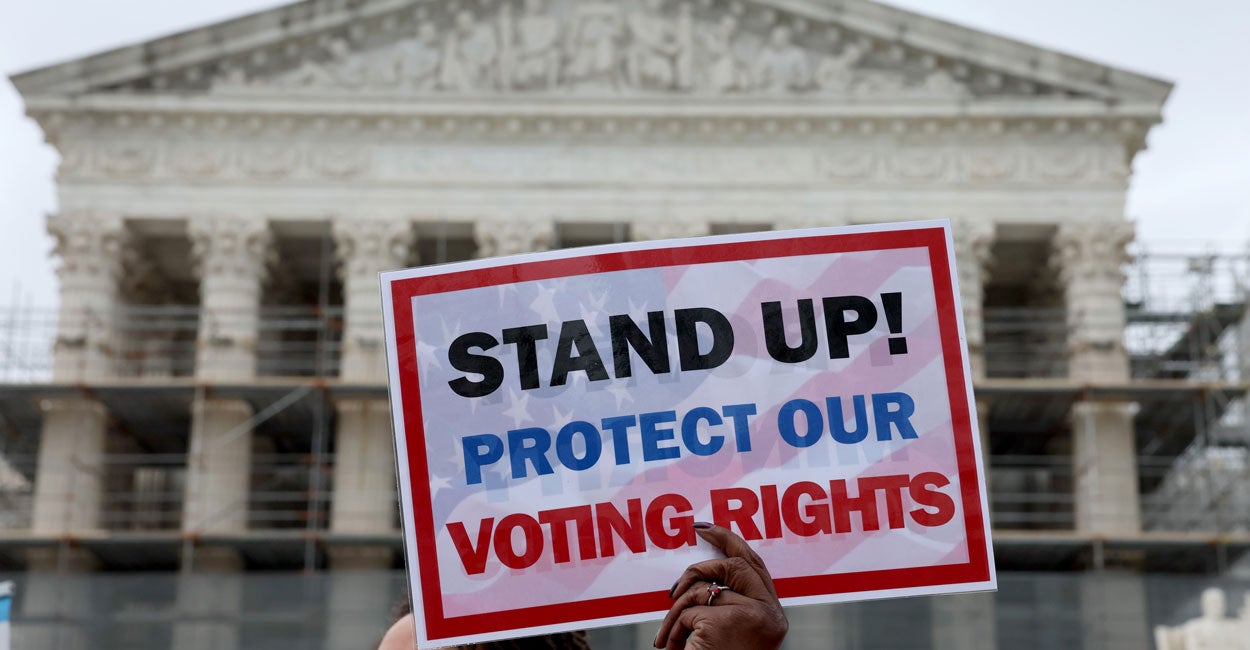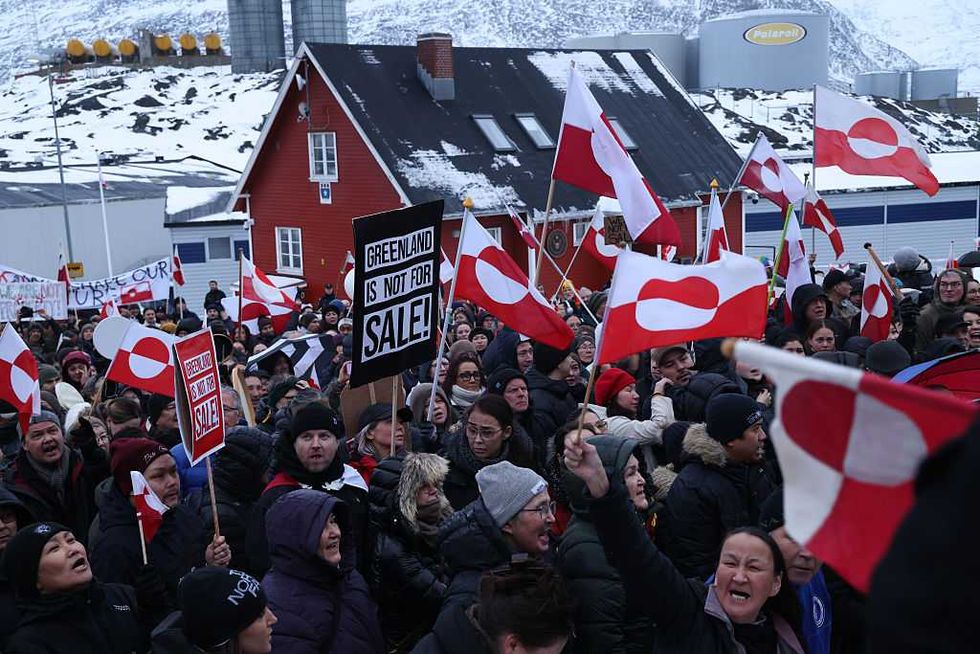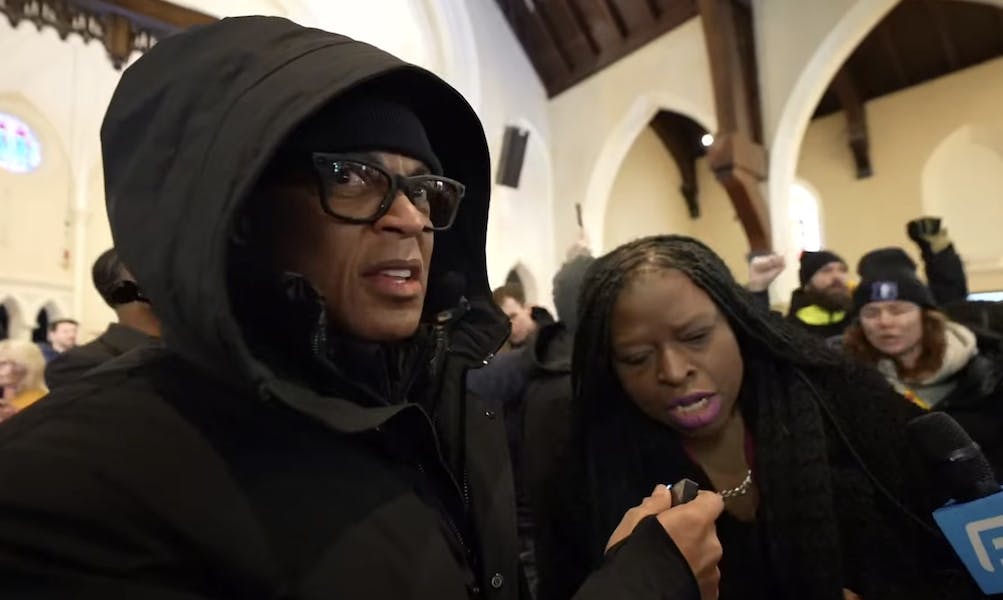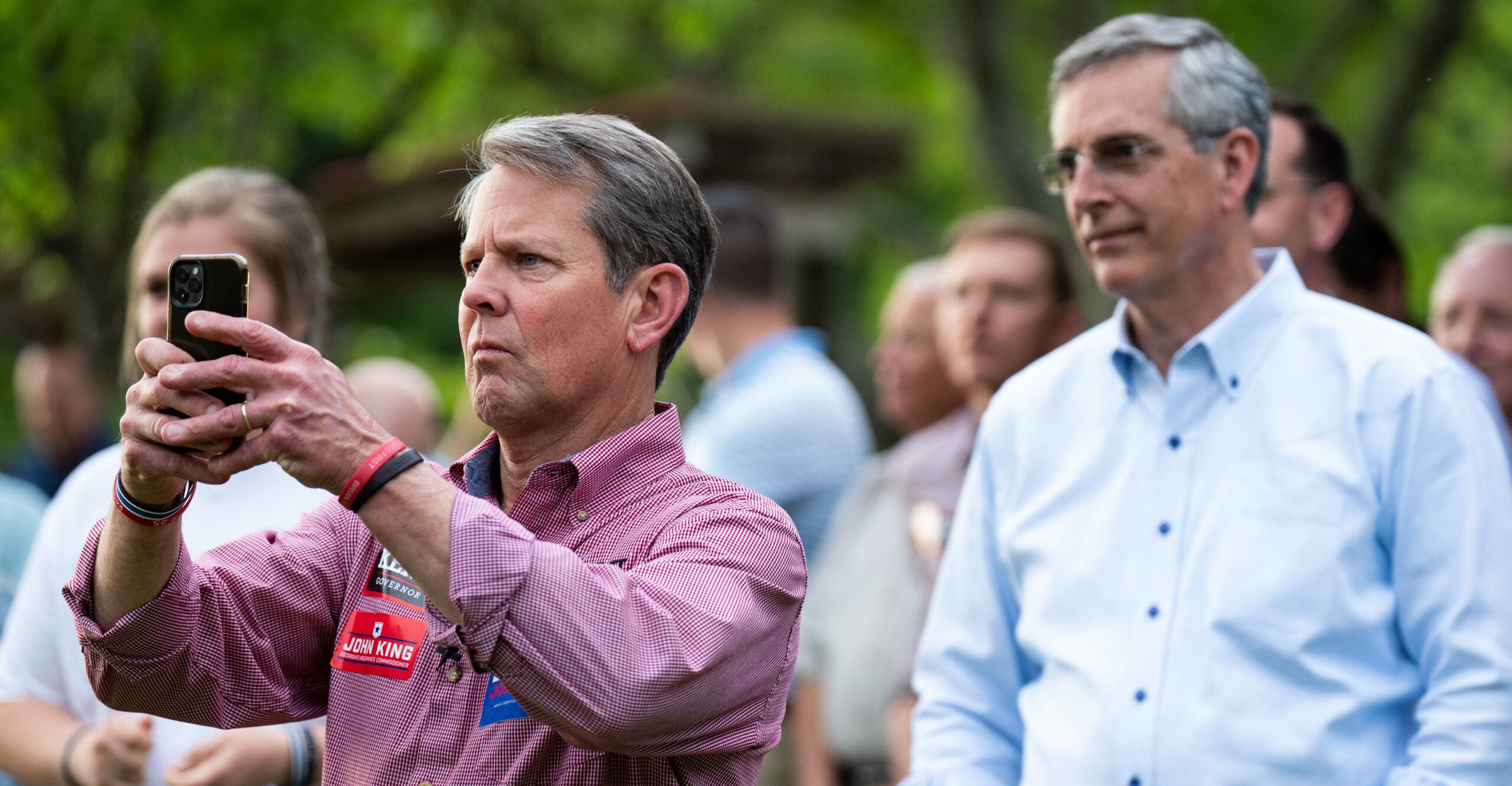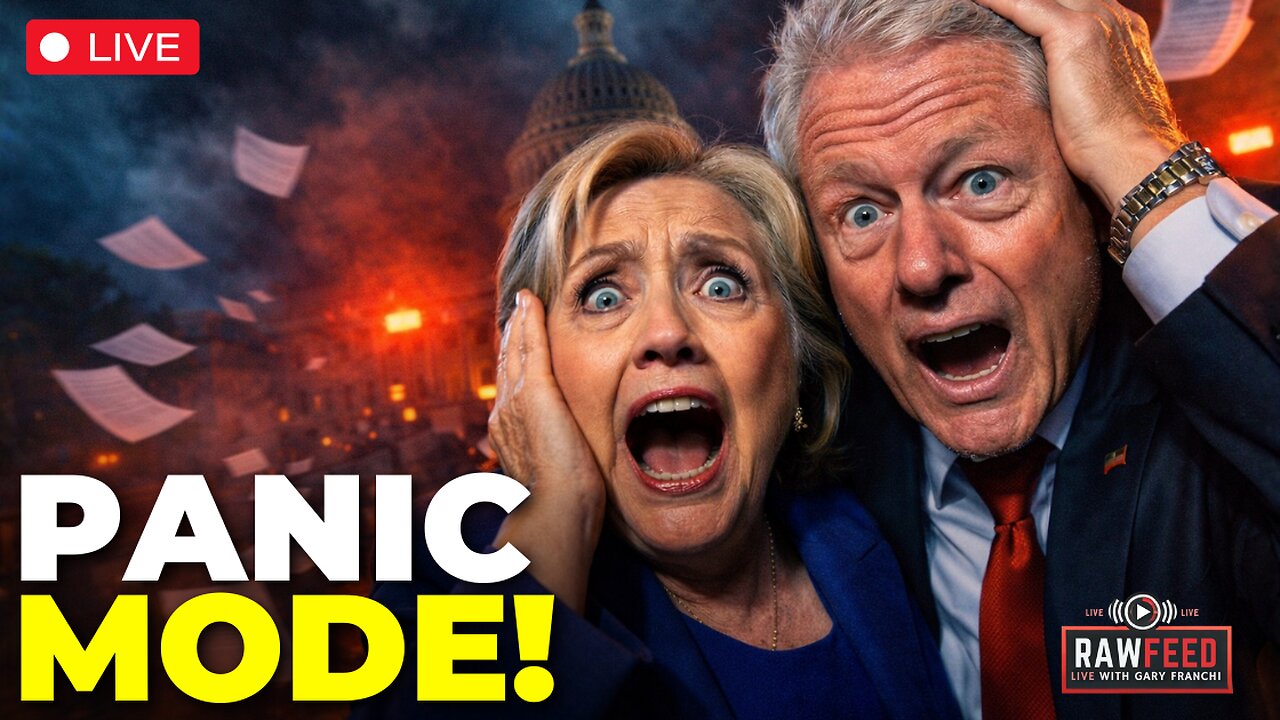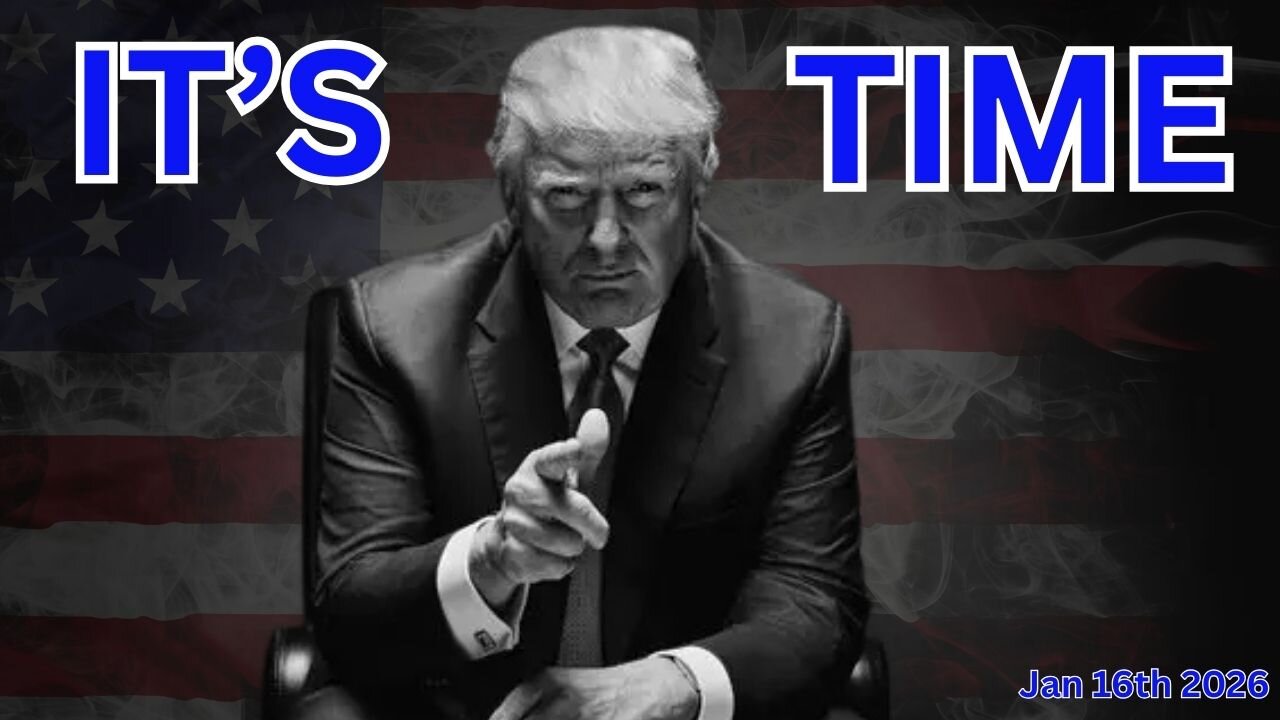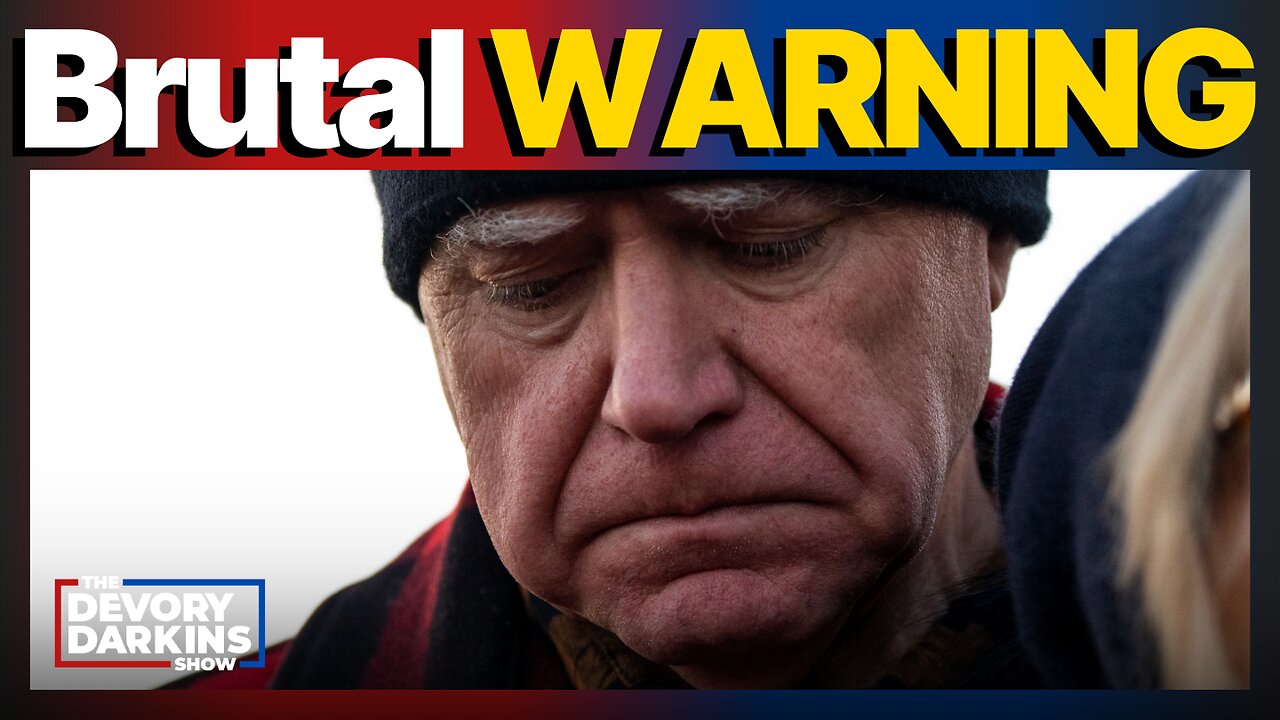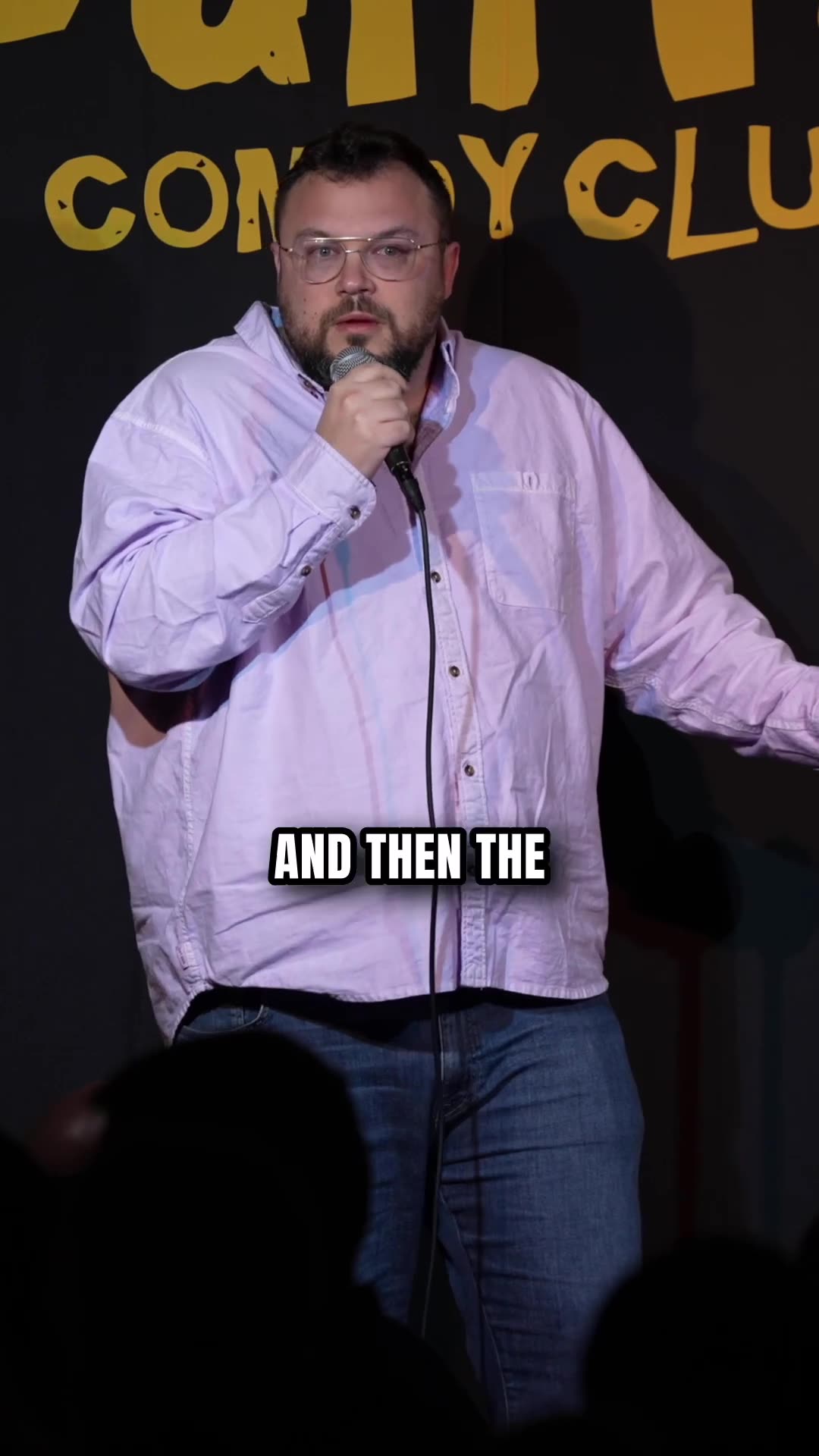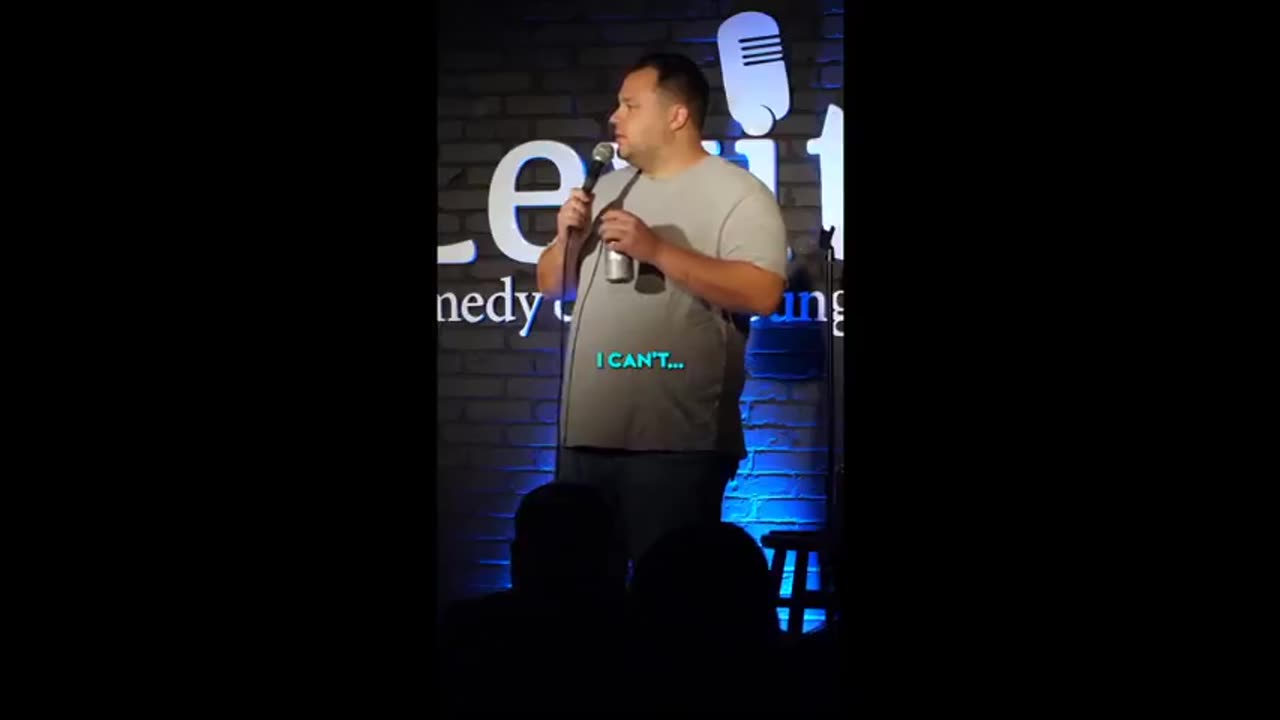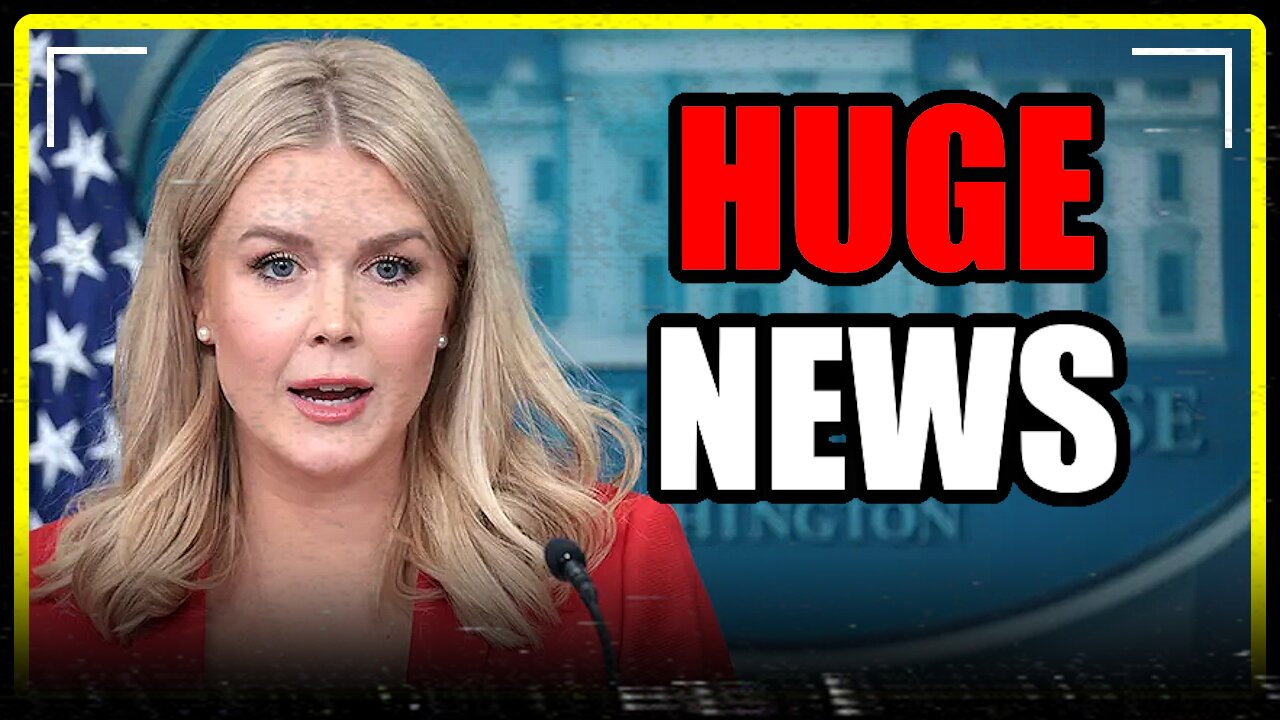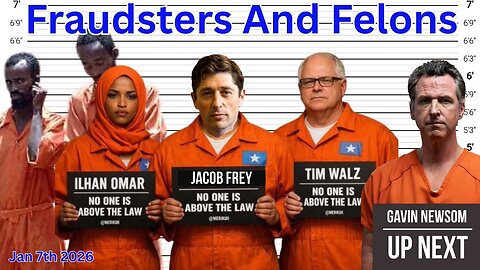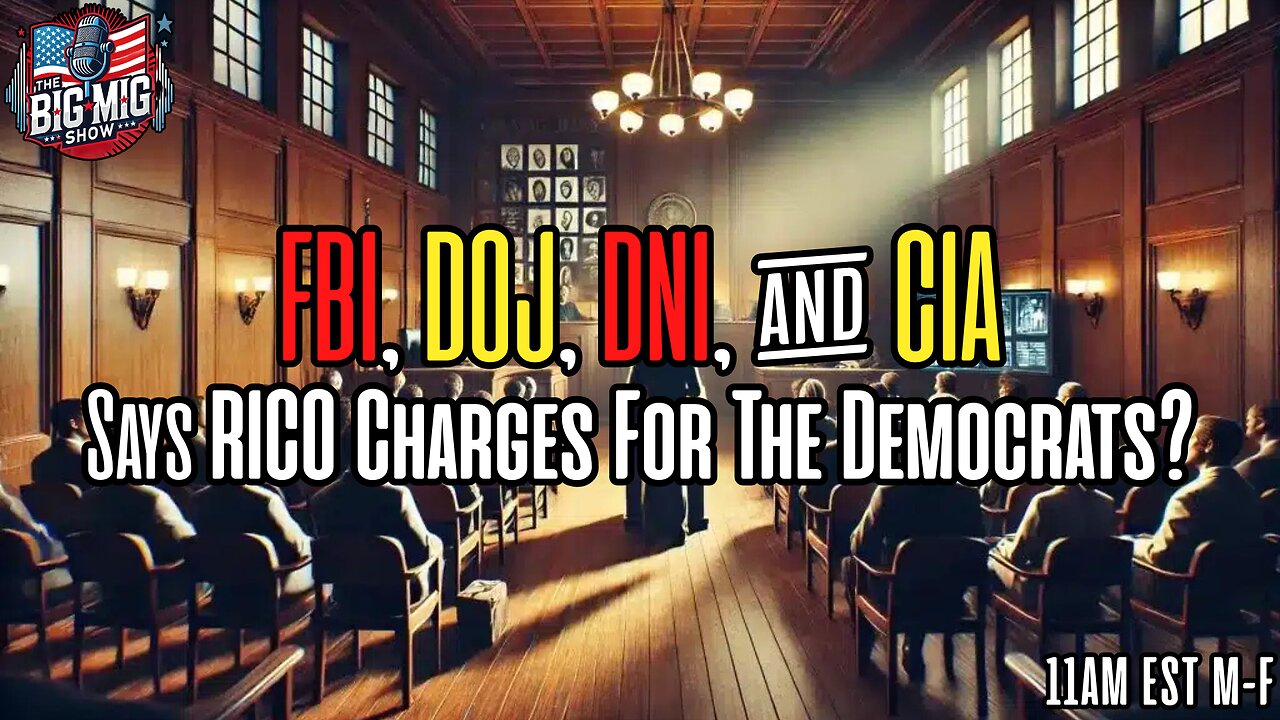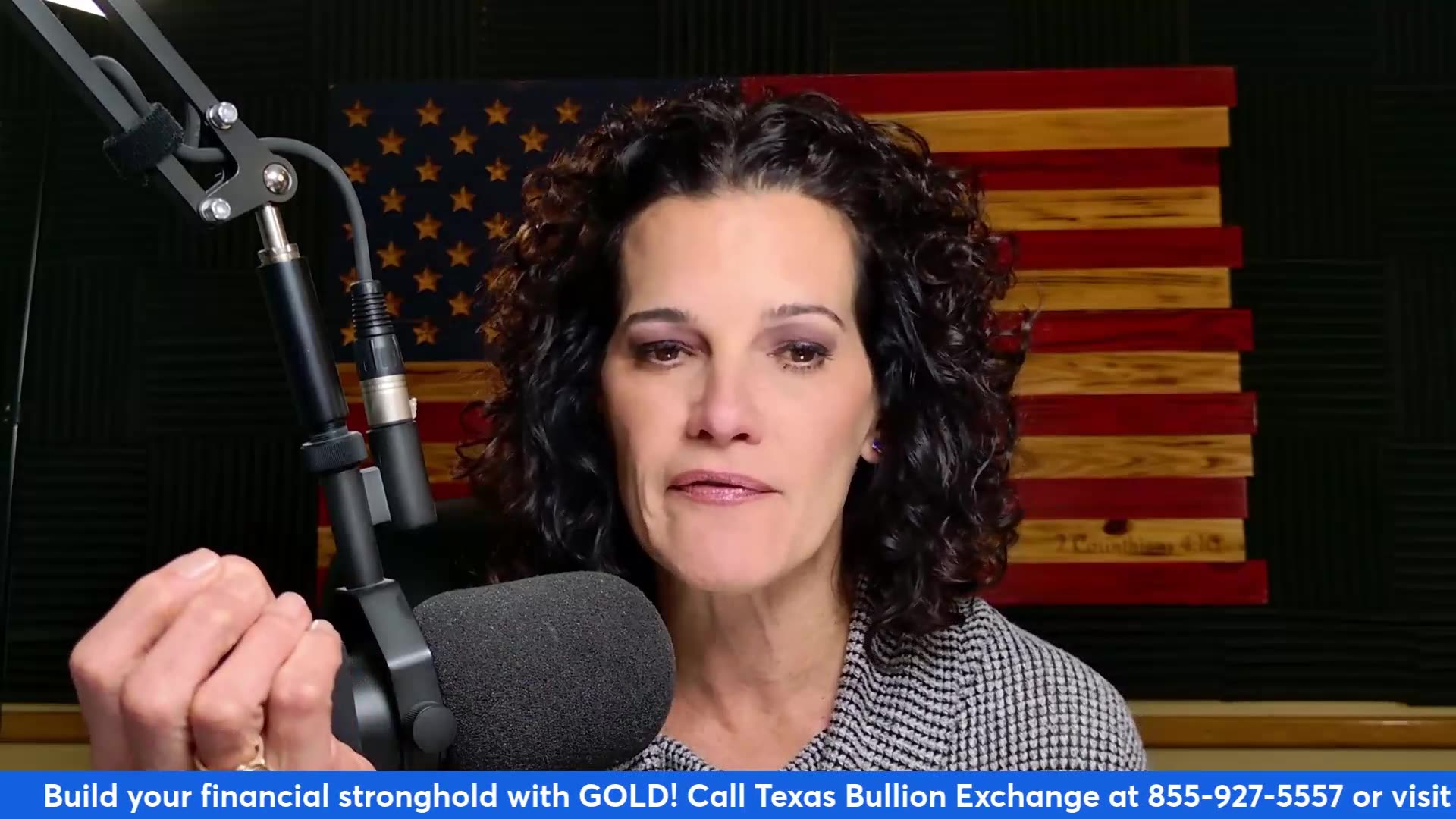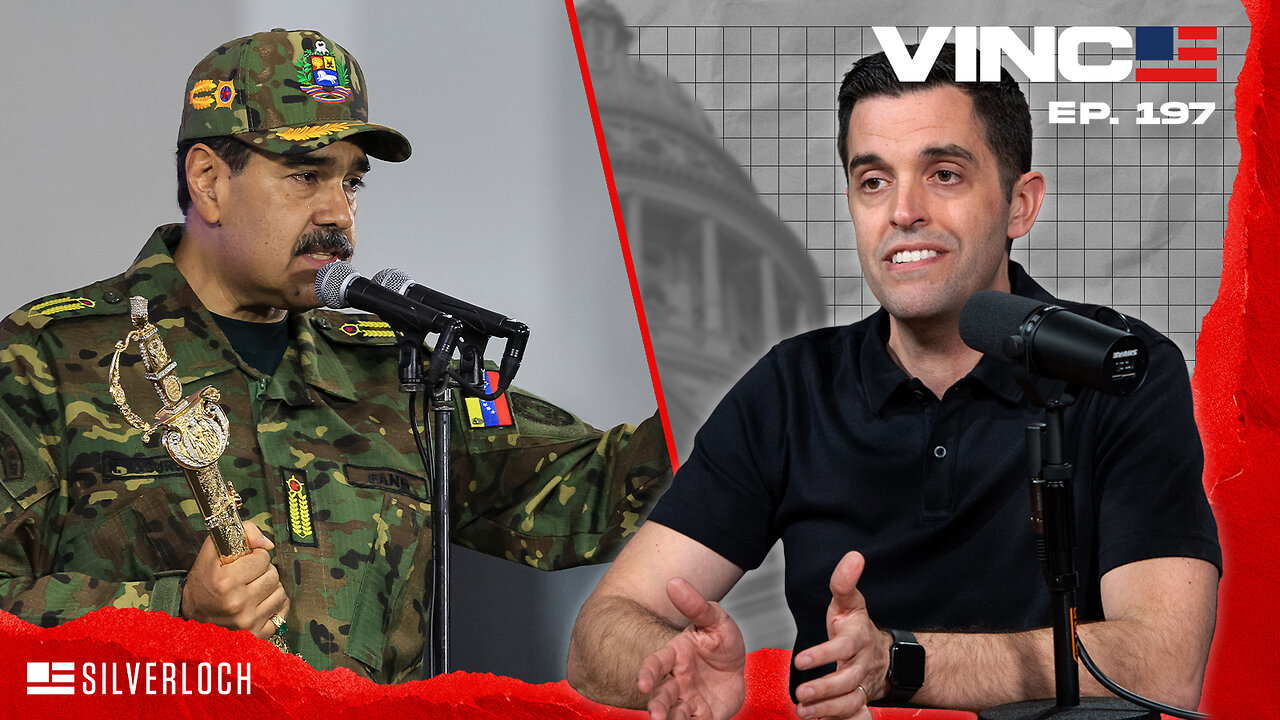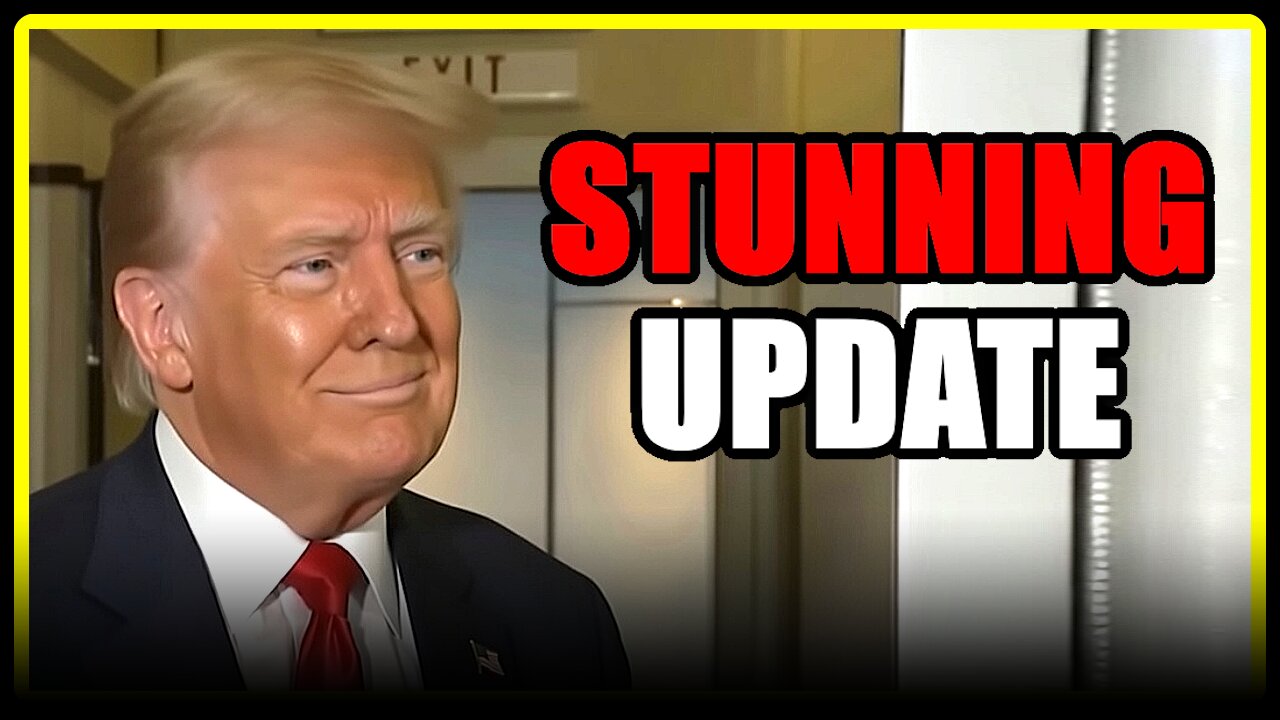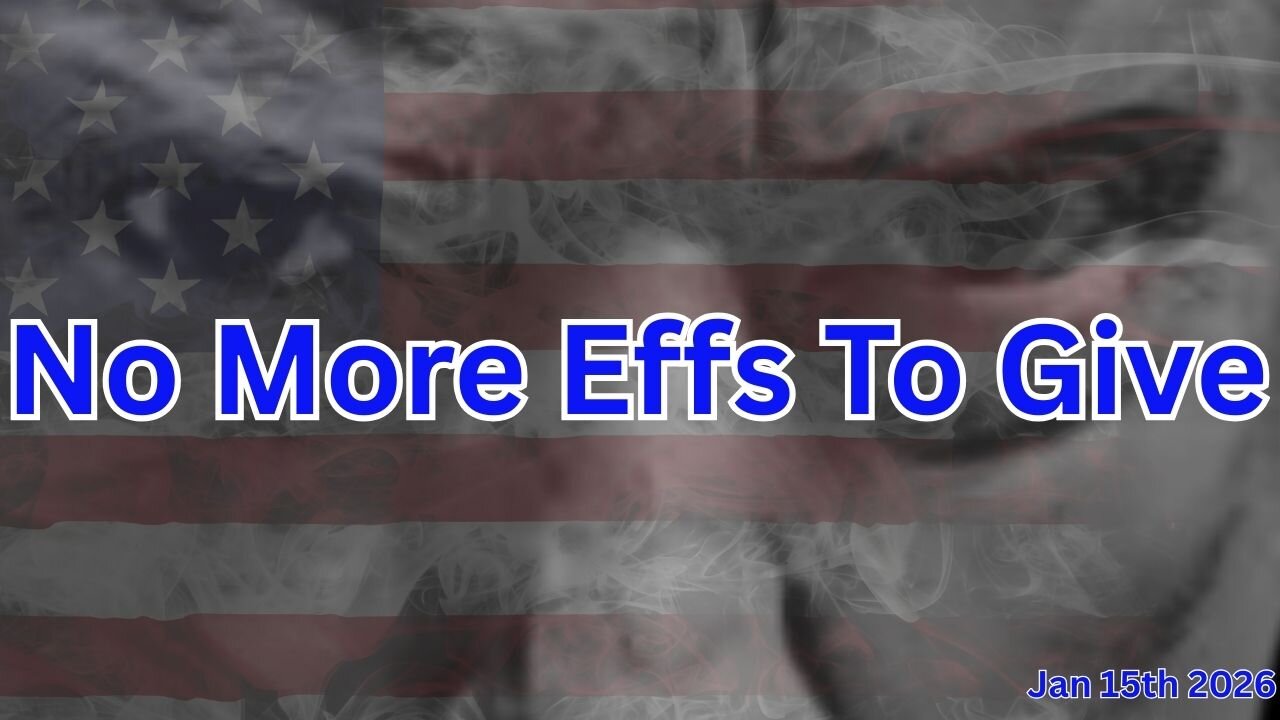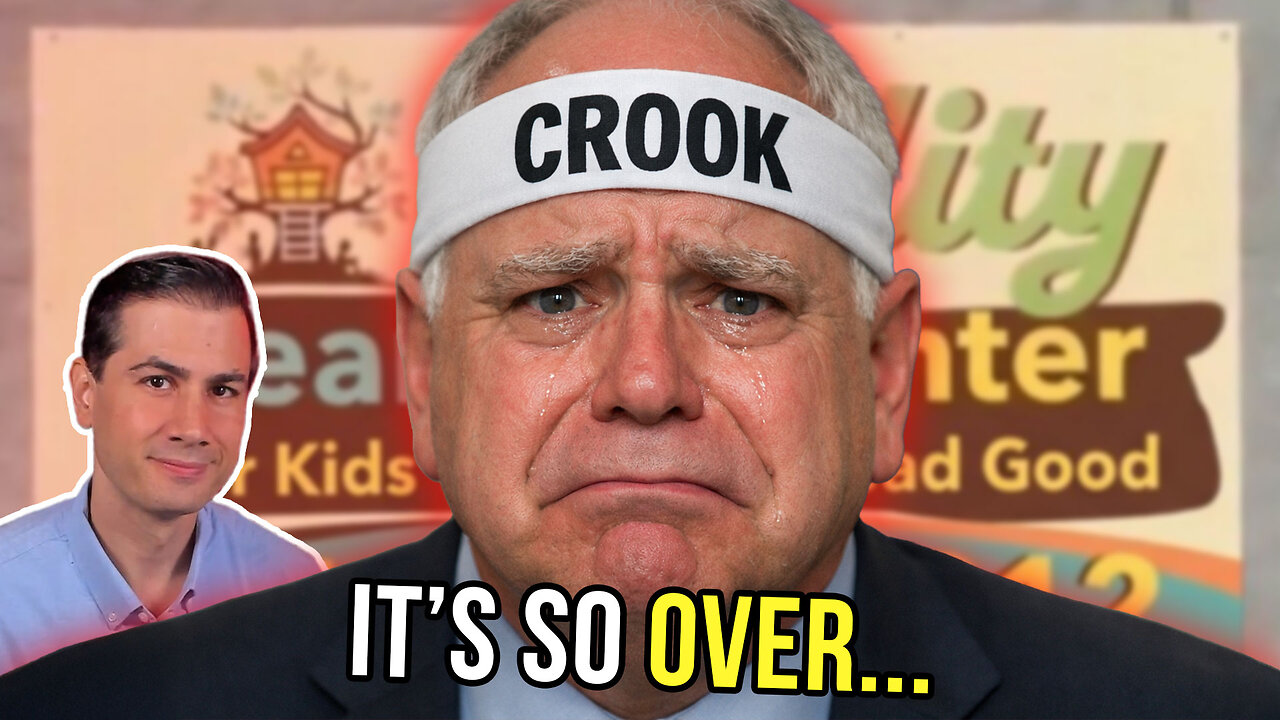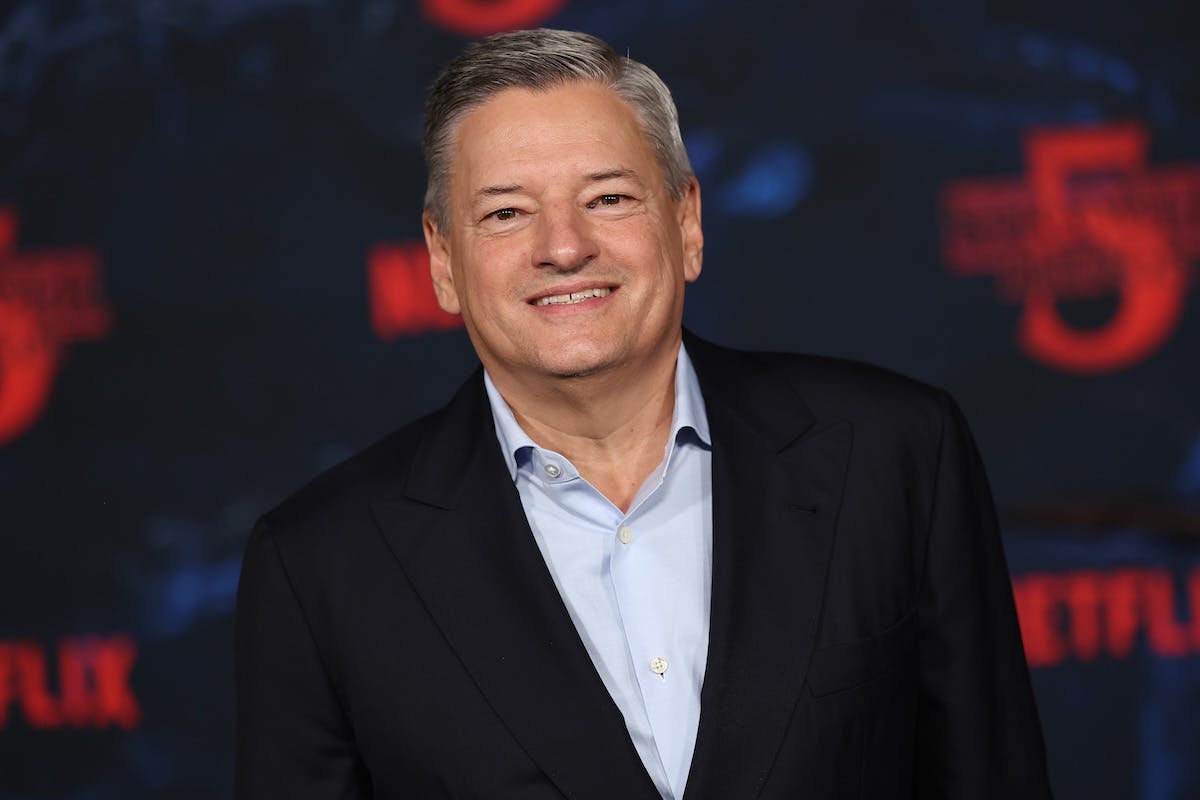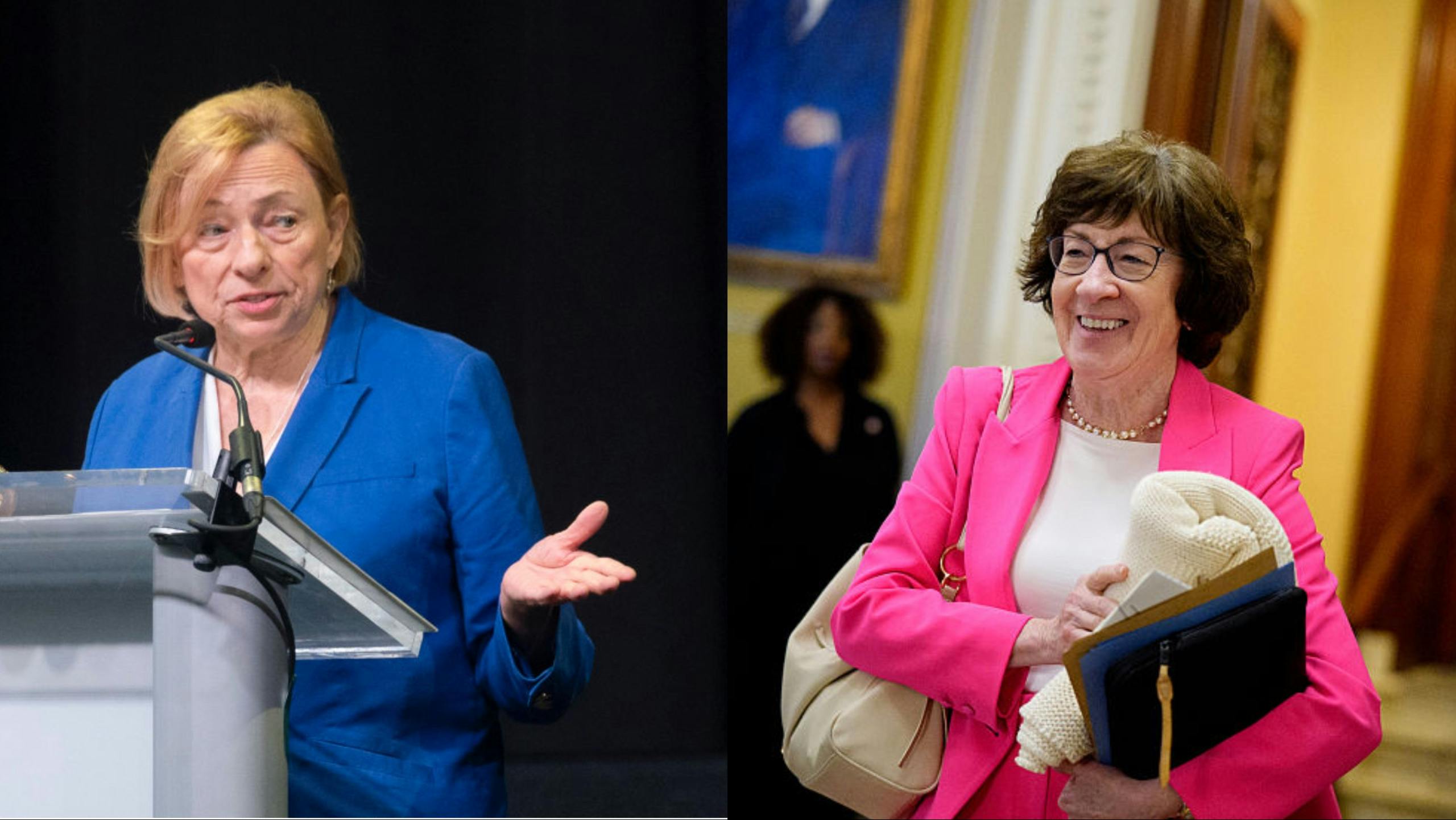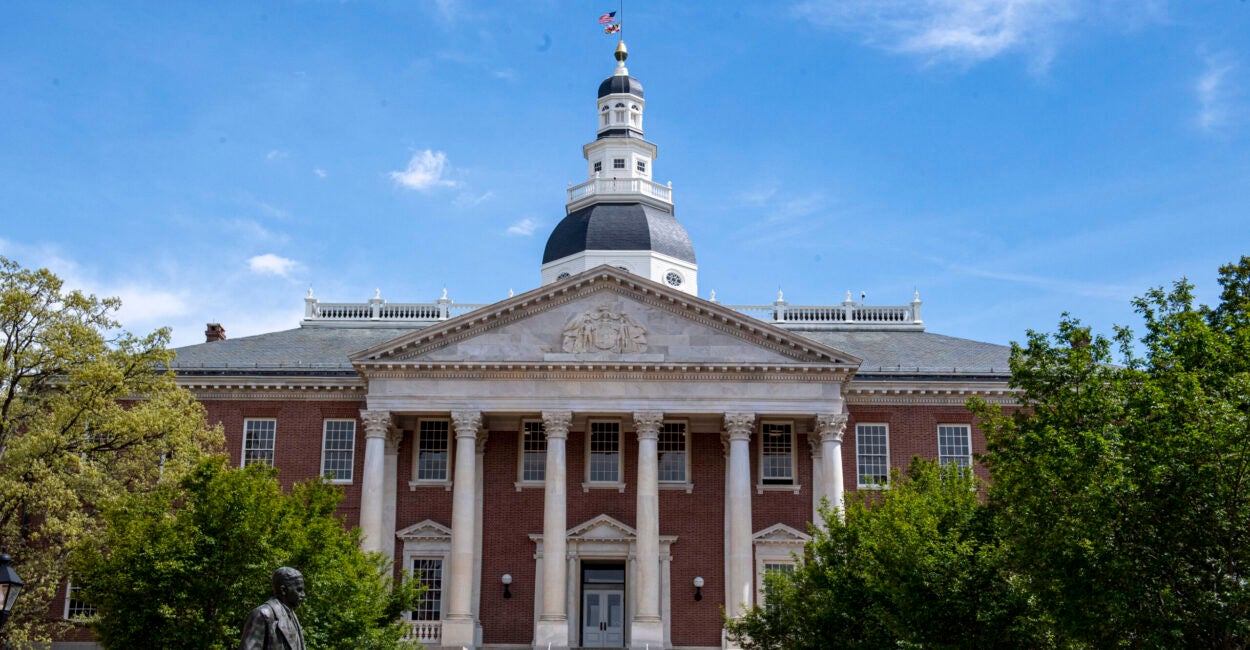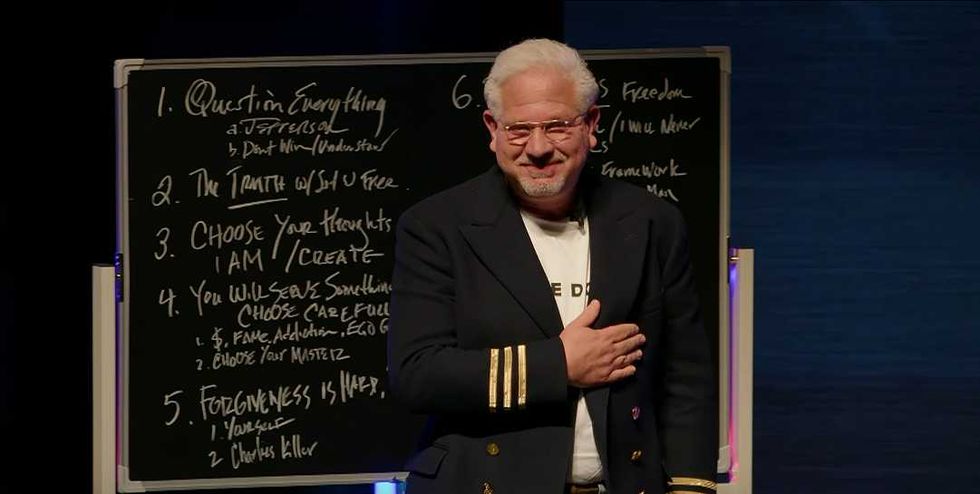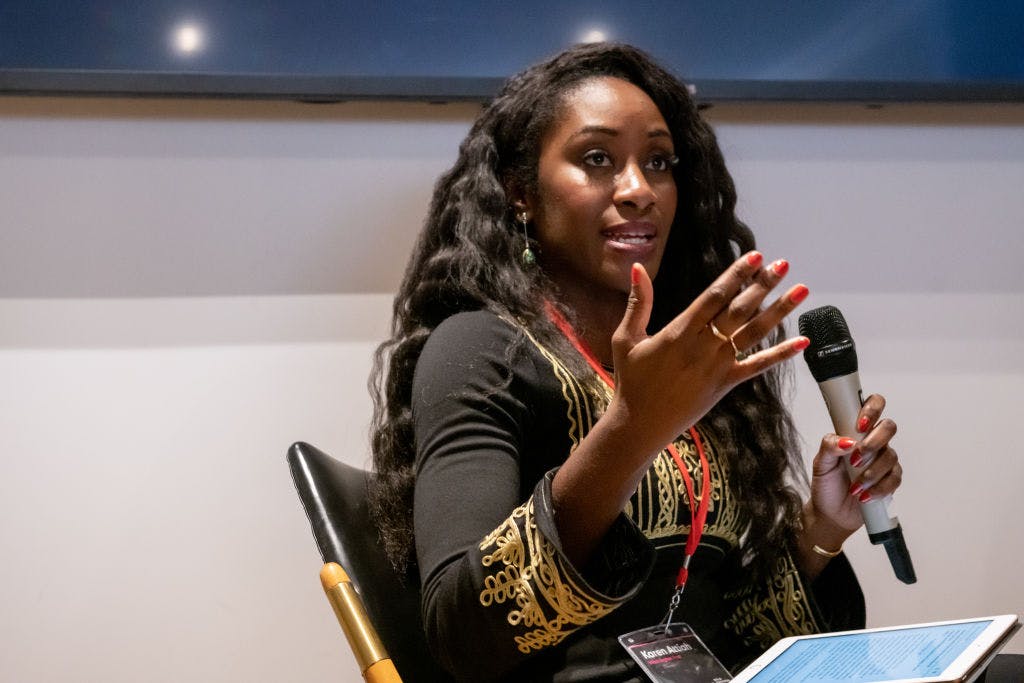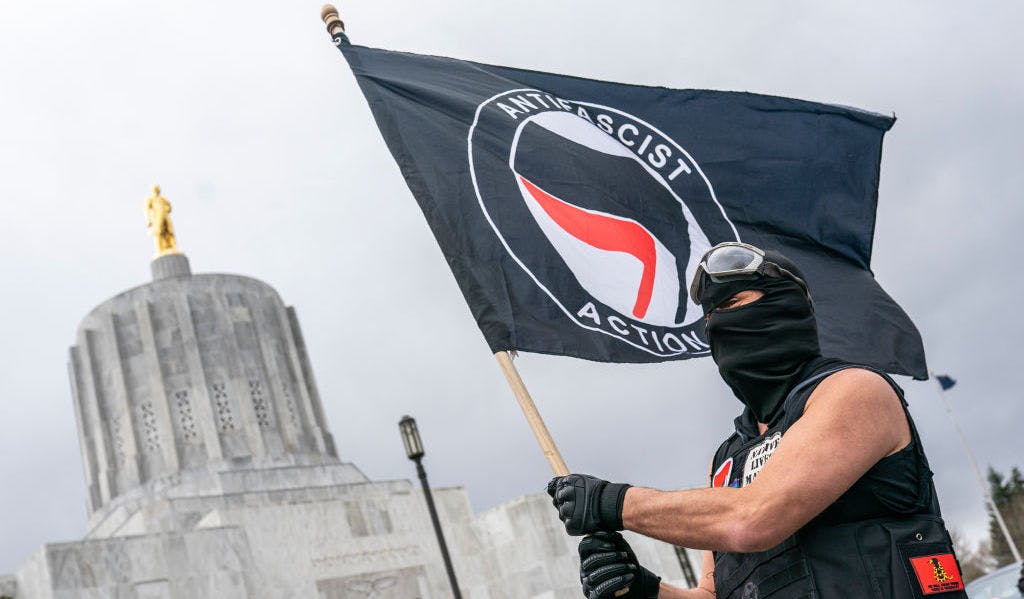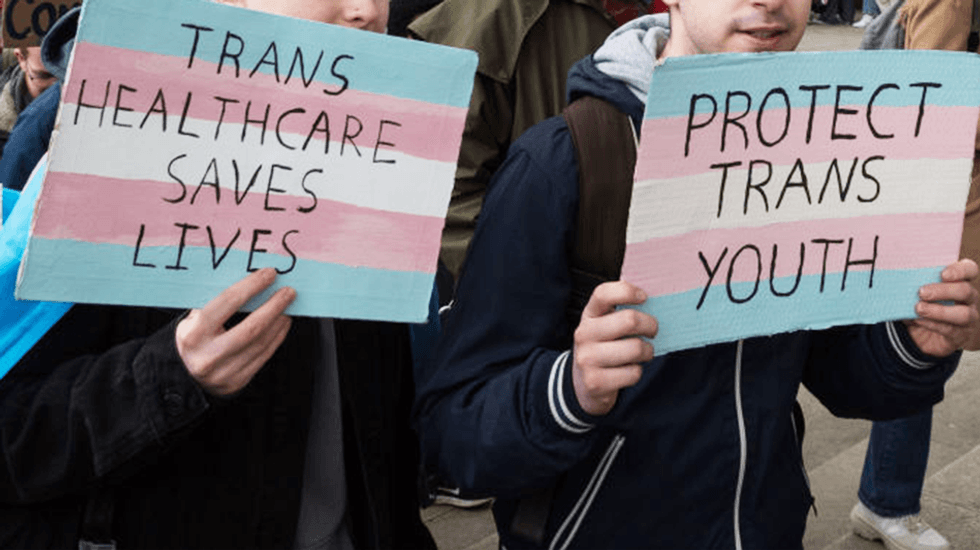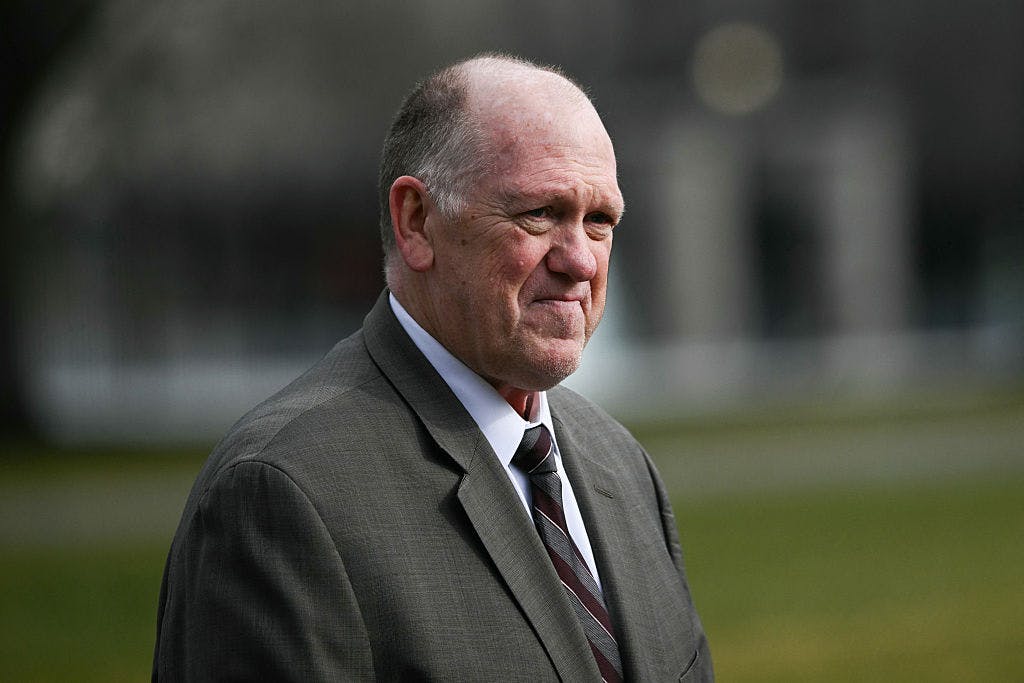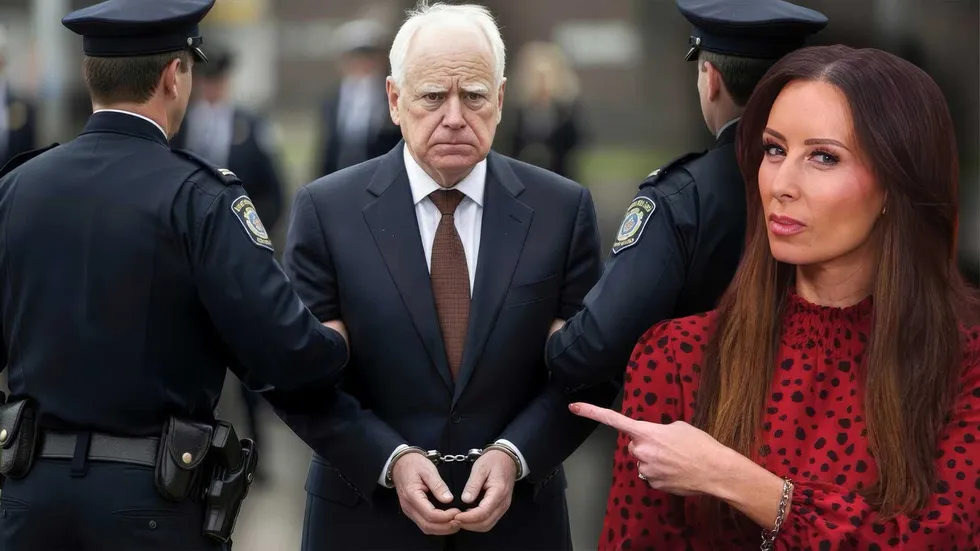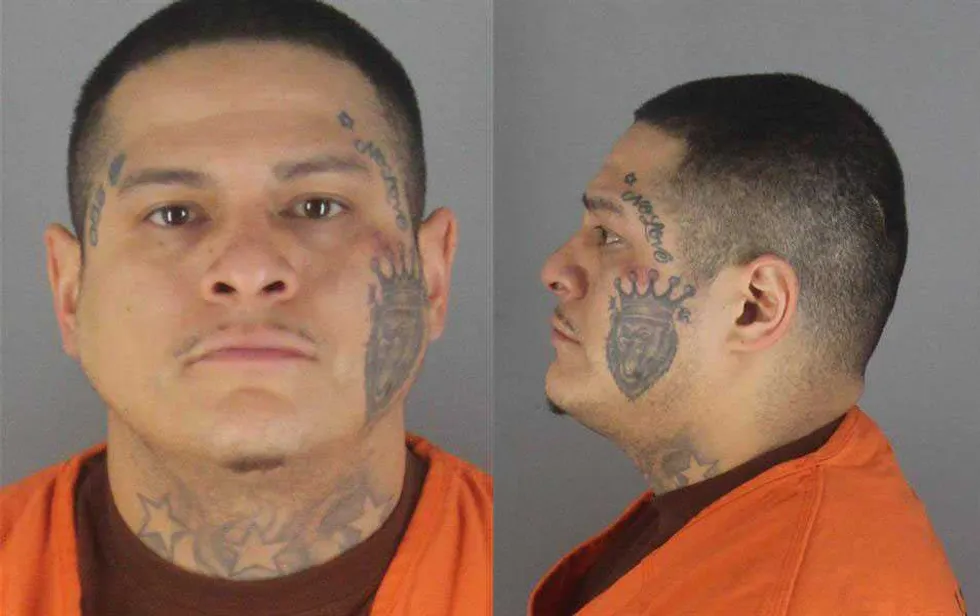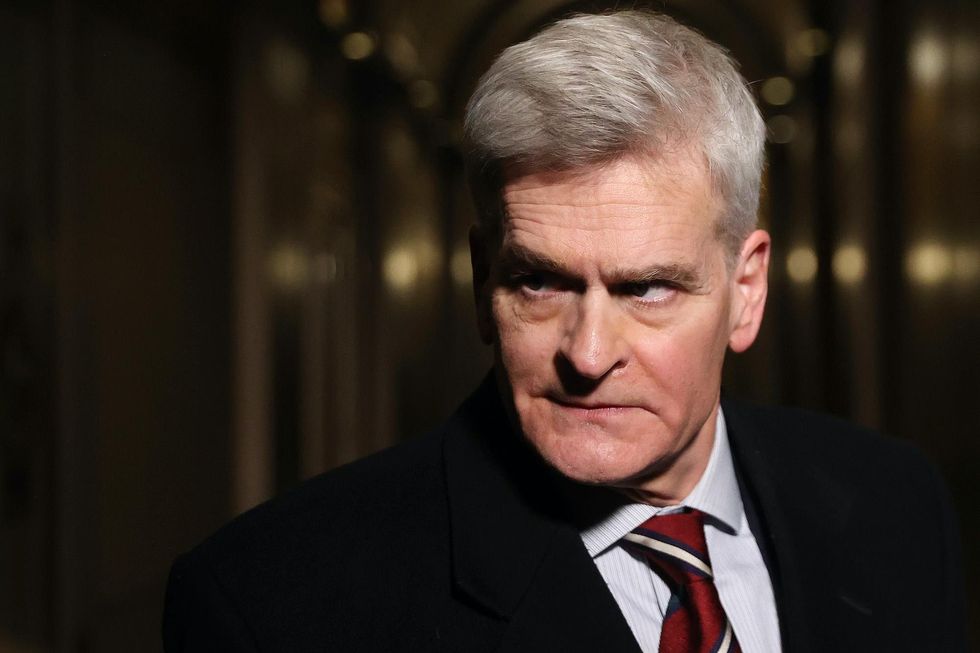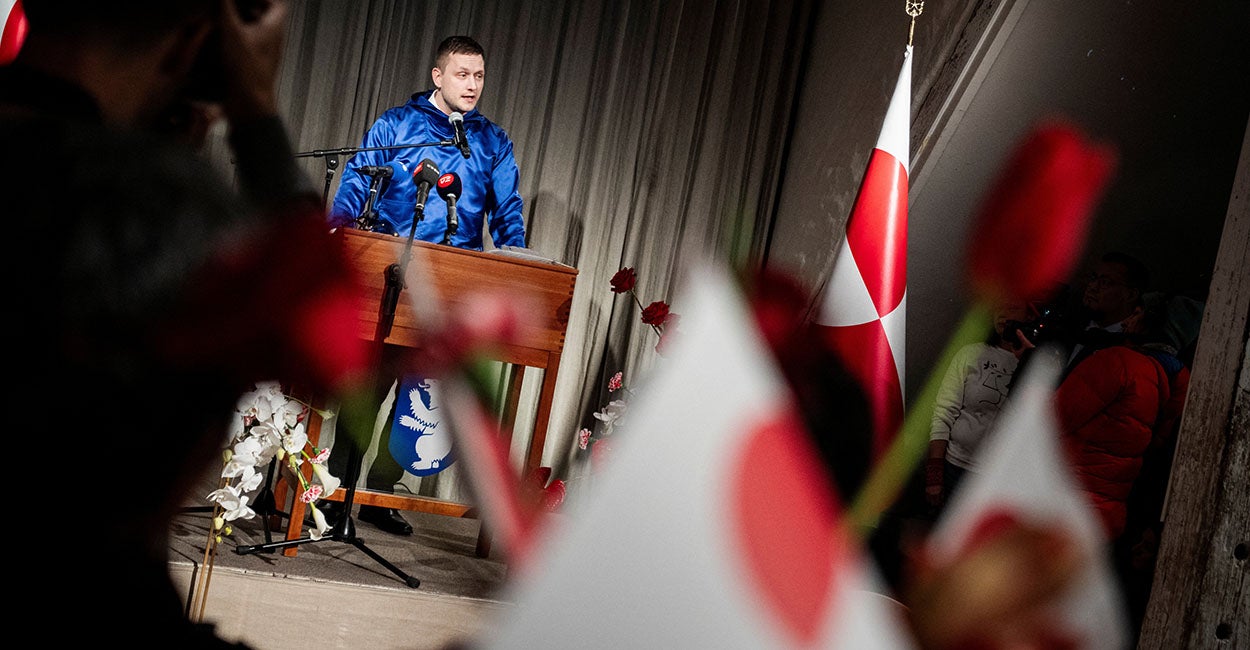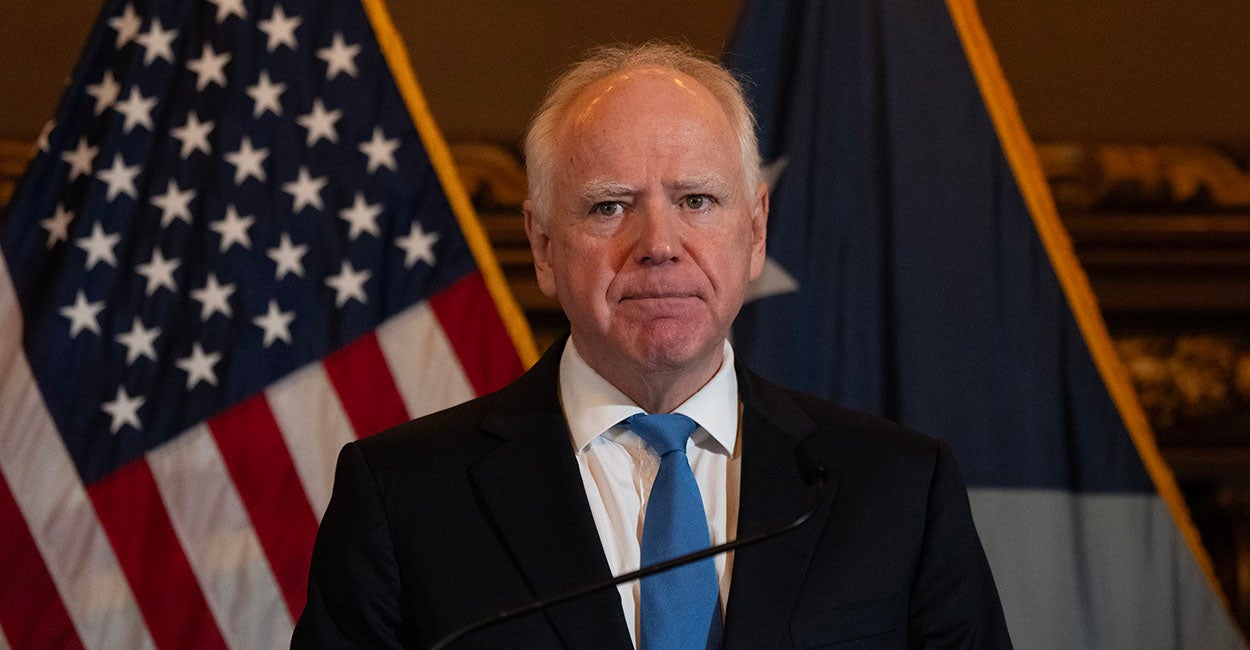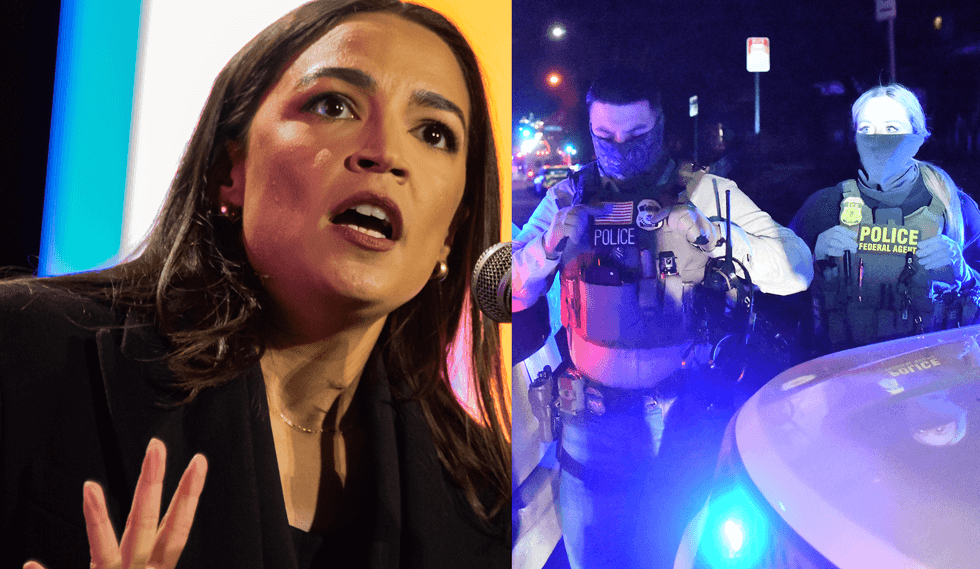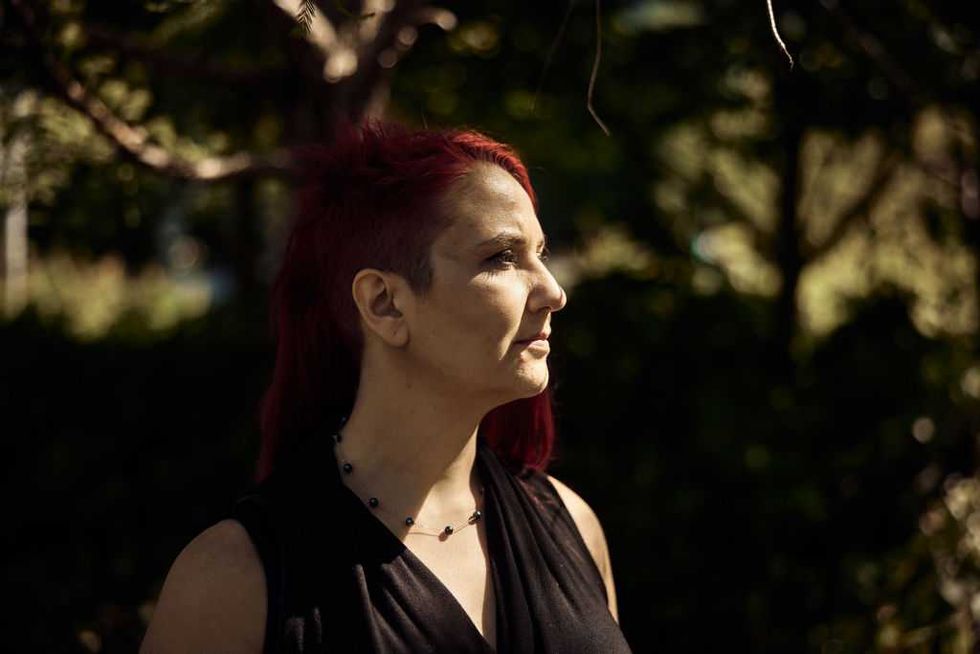How Trump’s Tariffs Can Strike A Major Blow To Global Censorship
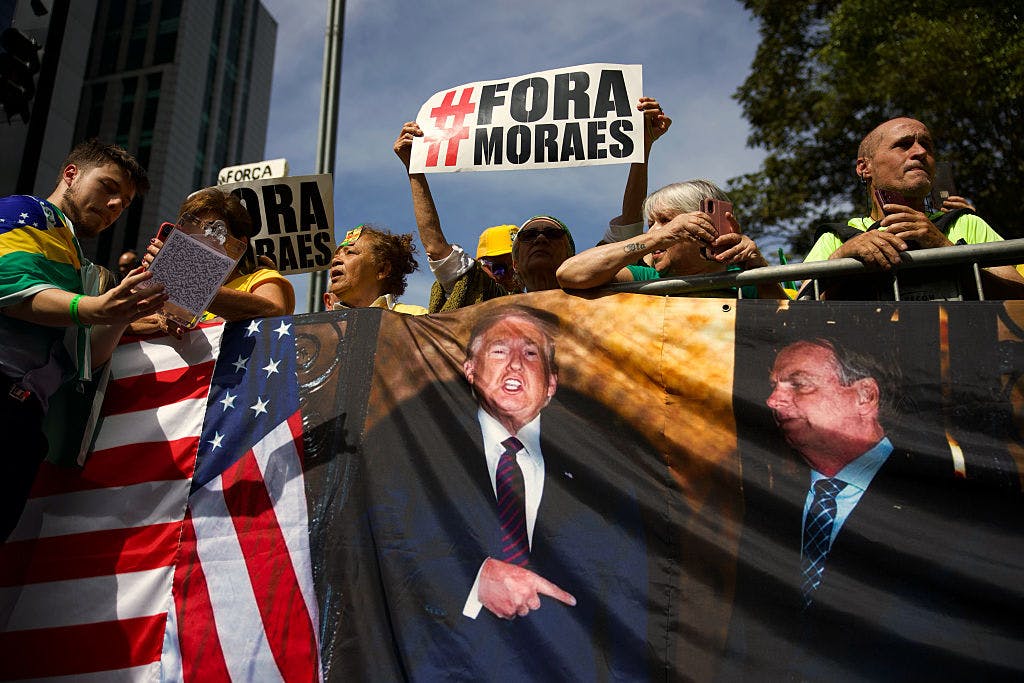
Among his many promises along the campaign trail, President Trump vowed to take down what he and others have described as the “censorship industrial complex,” a global network of ideologically aligned governmental, nonprofit, media, tech, finance, and academic institutions that are colluding to censor vast swaths of legally protected speech by weaponizing terms like “hate” and “disinformation.”
Live Your Best Retirement
Fun • Funds • Fitness • Freedom
From early in his presidency, President Trump’s actions have consistently aligned with his campaign promises. From Day One — beginning with executive orders that led to the dismantling of the Global Engagement Center, to Vice President JD Vance’s public condemnation of widespread censorship across the U.K. and Europe — restoring free speech has clearly been a top priority for the administration.
As Trump has landed a massive trade deal with the E.U., he has also taken multiple steps to combat global censorship. That includes zeroing in on the censorship regime in Brazil via a 50% tariff and an order to revoke visas for Brazilian Supreme Court Judge Alexandre de Moraes and other members of the nation’s high court. In 2024, Moraes ordered X to block accounts of journalists and political figures under the pretext of “misinformation.” As Trump highlighted in his letter announcing the tariff, X still faces millions of dollars in fines and a permanent ban from the country.
Brazil’s disregard for free speech is paralleled in the E.U. by the “Digital Services Act.” Threatening what it designates as “Very Large Online Platforms” such as X, Meta, Amazon, and Google with crippling fines for noncompliance, the DSA weaponizes vague terms like “hate speech” and “disinformation” to purge the digital landscape of views they deem offensive, inconvenient, or a threat to their power. The DSA also formalizes the kind of public-private collusion exemplified by the censorship industrial complex, empowering private organizations as “trusted flaggers” whose censorship demands platforms are required to prioritize — or face penalties.
Like Brazil’s Supreme Court, the DSA’s censorship directly impacts American citizens, whose accounts are subject to cancellation right along with our European cousins. We’ve already seen Americans censored under the DSA, as well as under the vague censorship policies that comprise it. These are the same policies at the heart of discriminatory debanking and financial surveillance that have targeted U.S.-based overseas missions and conservative groups like Alliance Defending Freedom, where I work.
They’re also the same policies that ruled the digital public square during Covid, when — often at the behest of the Biden administration and third party “flaggers” — major platforms censored and canceled users over views on public health, lab leak “theories” (since proven true), immigration, the Hunter Biden laptop story, gender ideology, and more. The DSA simply imposes this censorship regime on a global scale.
To the E.U. commissioners behind the DSA, the more governments work in lockstep to intimidate dissenting citizens into quiet compliance, the better. Just over a year ago, Canadian citizen “Billboard Chris” Elston posted his objections to a controversial WHO appointee on X, linking to a UK Daily Mail article. The Australian government then demanded that X censor the post under its DSA-style “Online Safety Act,” using the law to classify Elston’s speech as “cyber abuse.”
With ADF International’s help, Billboard Chris took on the Australian government at the nation’s high court and won. But even that victory is unlikely to faze a technocratic cabal so committed to global censorship that it would enlist Australia to censor a Canadian speaking on an American platform and citing a British newspaper article.
Again, this multinational crackdown is a feature — not a bug — to those behind the DSA.
And that’s no surprise when you consider the actions and stated positions of DSA architects like Thierry Breton and Henna Virkkunen. It was Breton who, last summer, famously demanded that Elon Musk censor then-candidate Donald J. Trump prior to the duo’s X live interview.
That incident apparently left Breton with enough egg on his face to resign from his post as an E.U. Commissioner, but it wasn’t enough to change Virkkunen’s mind. Virkkunen recently defended the DSA as “based on our European values” — a claim that evidently refers to the Brussels elites rather than the everyday Europeans who face steep fines, years-long court proceedings, and even jail time for their online speech.
Fittingly enough, Virkkunen made those comments when she was asked if the DSA was on the negotiating table in ongoing trade talks with the U.S. With the DSA off the table, Virkkunen’s comrades in Brussels may have been negotiating with one hand tied behind their backs.
If that’s the case, it was a high price to pay for censoring peaceable citizens across the world, including in the U.S.
* * *
Jeremy Tedesco (@Jeremy_Tedesco) is senior counsel, senior vice president of corporate engagement at Alliance Defending Freedom (@ADFLegal).
The views expressed in this piece are those of the author and do not necessarily represent those of The Daily Wire.
Originally Published at Daily Wire, Daily Signal, or The Blaze
What's Your Reaction?
 Like
0
Like
0
 Dislike
0
Dislike
0
 Love
0
Love
0
 Funny
0
Funny
0
 Angry
0
Angry
0
 Sad
0
Sad
0
 Wow
0
Wow
0
